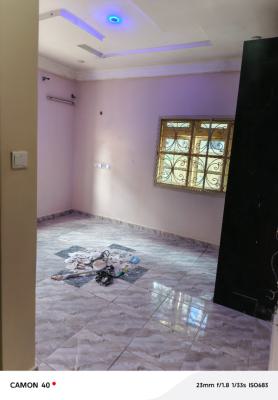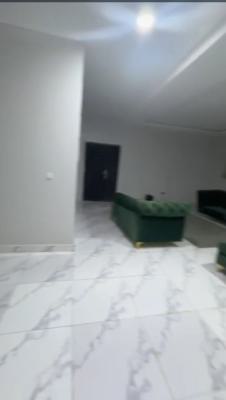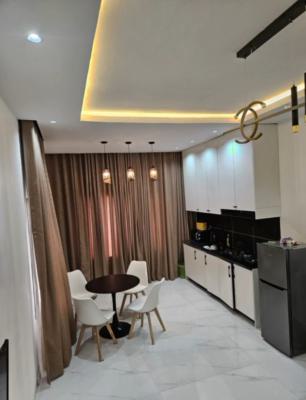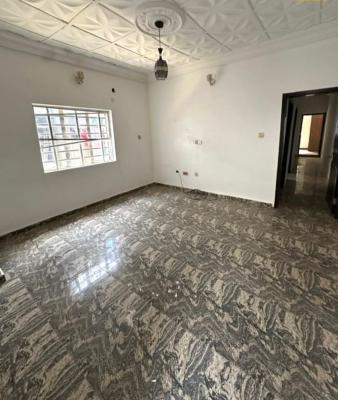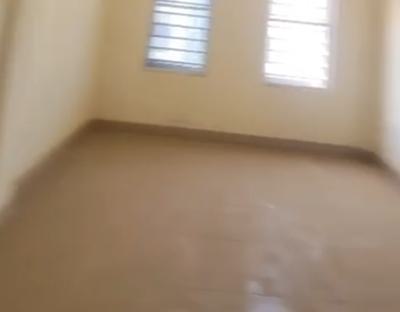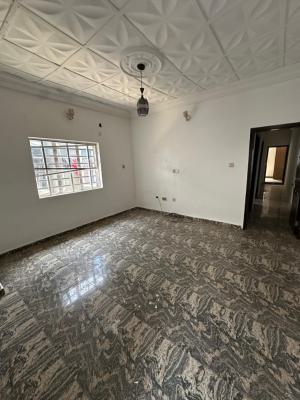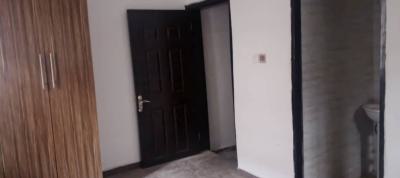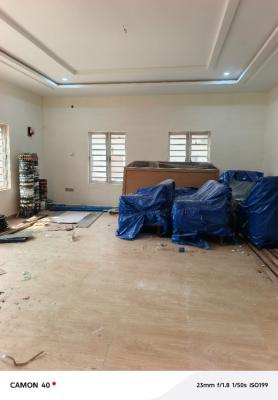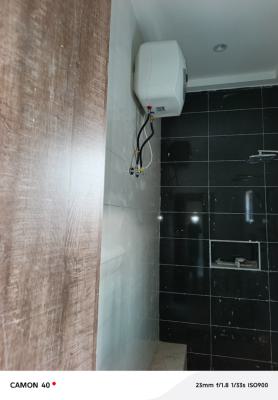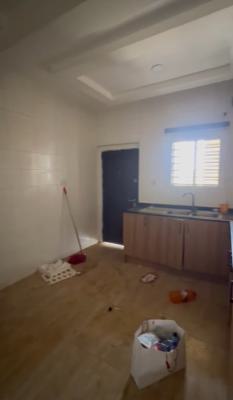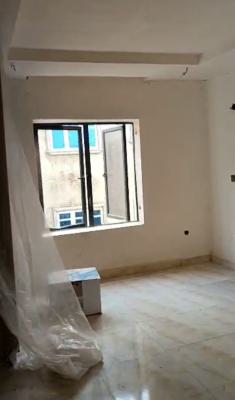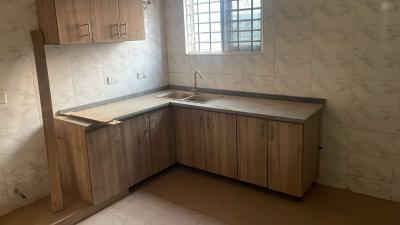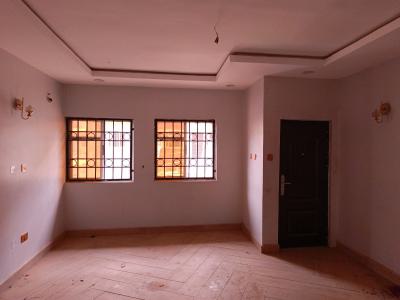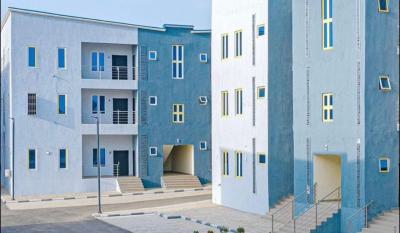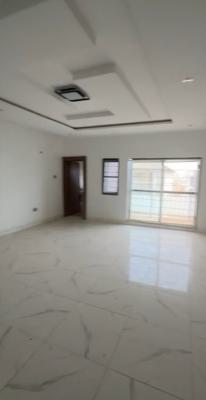2 Bedroom Flats for Rent in Idu Industrial, Abuja
Quick Filters
Subtypes Localities Areas
15
2 bedroom flat / apartment for rent
Nizamiye Hospital Axis, Idu Industrial, Abuja ₦8,000,000 per annum2 bedroom flat / apartment for rent
Near Nzamiye Hospital, Idu Industrial, Abuja ₦7,000,000 per annumWhat is the average price of 2 bedroom flats for rent in Idu Industrial, Abuja?
The average price of 2 bedroom flats for rent in Idu Industrial, Abuja is ₦4,000,000 per annum.
What is the price of the most expensive 2 bedroom flats for rent in Idu Industrial, Abuja?
The price of the most expensive 2 bedroom flats for rent in Idu Industrial, Abuja is ₦7,000,000 per annum.
What is the price of the cheapest 2 bedroom flats for rent in Idu Industrial, Abuja?
The price of the cheapest 2 bedroom flats for rent in Idu Industrial, Abuja is ₦2,000,000 per annum.
How many 2 bedroom flats for rent in Idu Industrial, Abuja are available?
There are 15 available 2 bedroom flats for rent in Idu Industrial, Abuja.
You can view and filter the list of property by price, furnishing and recency.

